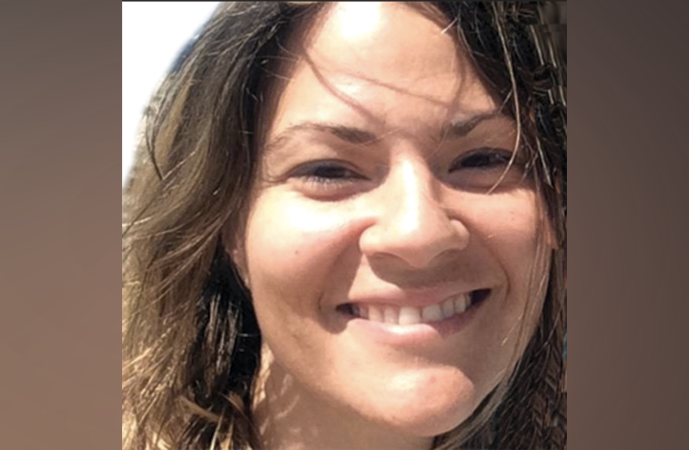
Thank you for reading D.C. Witness.
Consider making a donation to help us continue our mission.
By
D.C. Witness Staff
- March 19, 2019
Court
|
Daily Stories
|
Homicides
|
Suspects
|
Victims
|
Even though counsel could not solidify whether a murder defendant’s DNA was actually on a 34-year-old victim, the attorneys centered on the prospect during closing arguments.
El Hadji Toure is charged with first-degree murder while armed, first-degree sexual abuse and robbery while armed, among other offenses, for his alleged role in the death of 34-year-old Corrina Mehiel on the 600 block of 14th Street, NE in March of 2017. According to the prosecution, Mehiel was an artist who was visiting the city from North Carolina.
The prosecution spoke about the vicious attack, while the defense said the two were sexually involved.
According to the prosecution, Toure attacked Mehiel while she was loading her car outside the apartment she was renting. Apparently, Toure held Mehiel hostage and sexually assaulted her inside her home, stabbing her to death.
“That man did it,” said the prosecutor. “He did it just because he could.”
D.C. Witness previously reported that an expert testified that it was “likely” that Toure’s DNA was included in a mixture of DNA found on a victim who was allegedly robbed, raped and murdered. According to the expert, Toure could be a possible contributor of DNA found in a vaginal swab. His semen was also found on a pair of leggings that was used to bound Mehiel.
In addition to the DNA, surveillance footage shows a man, who appears to be Toure, using Mehiel’s debit and credit cards to withdraw money from various ATMs days after the homicide.
“He’s giving you the puzzle pieces that show his guilt,” the prosecutor said.
However, according to the defense, the sexual contact between Toure and Mehiel was not only consensual but the true murderer committed the crime afterwards.
“The evidence doesn’t show what actually happened to Ms. Mehiel,” said defense lawyer Jacqueline Cadman. “It shows the defendant in this unfortunate situation.”
Cadman told the jury that the investigation unit did not investigate any tip or lead that didn’t support their theory of the case. Furthermore, she mentioned how some DNA samples had been contaminated while they were processed by forensic services.
“[The prosecution] has absolutely failed to maintain the evidence of this case,” said Cadman.
D.C. Witness previously reported that a request for tips was released to the public. The detective said multiple tips came from callers who reported individuals that may have been involved in Mehiel’s murder. However, the detective said he didn’t follow-up with the tips because the callers reported white men and police were searching for a black man.
Apparently, police also received a tip from Mehiel’s family about a potential suspect who had a “thing” for Mehiel. According to the detective, the tip was briefly looked into but disregarded when they learned that the man was white.
The detective said his priority was finding the man seen on the footage. “He was the most immediate person we found using stuff from her apartment,” the detective said.
The jury began deliberations on March 18.
